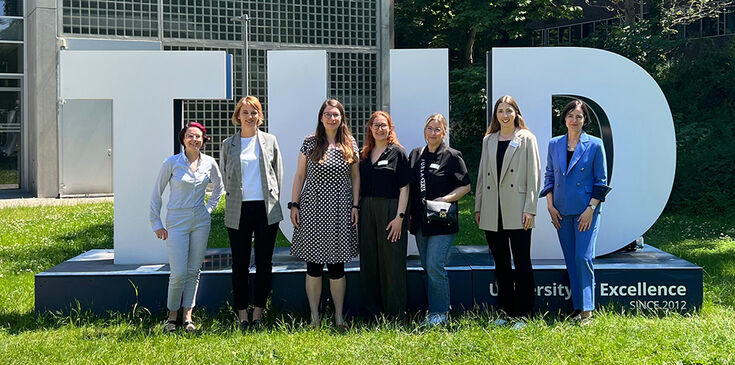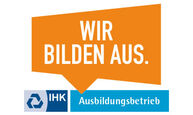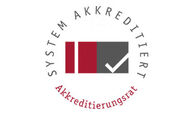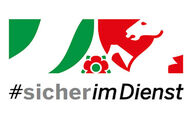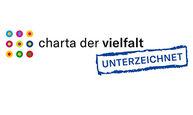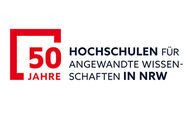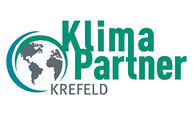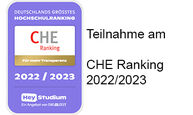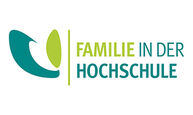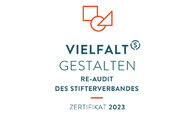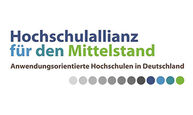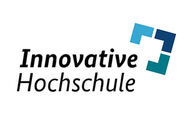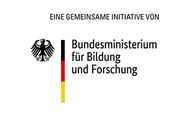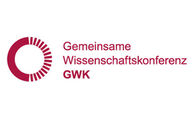Scientists from the Faculty of Textile and Clothing Technology at Hochschule Niederrhein (HSNR) presented a wide range of contributions at the international AUTEX (Association of Universities for Textiles) Conference 2025 in Dresden. The conference, which took place from 11 to 13 June, is one of the world's leading platforms for scientific exchange in the field of textile research.
As a new member of AUTEX - represented since 2024, made possible by the right to award doctorates for universities of applied sciences through the NRW doctoral programme - HSNR researchers took the opportunity to present current projects and research results. The thematic specialisations included recycling, materials research, textile technologies and innovative teaching concepts.
Leon Blanckart presented the AlgaTex project, in which the potential of filamentous freshwater algae as a raw material for the textile industry is being researched. The material developments to date show promising properties for bio-based functional and technical textiles. Dr Anna Missong presented research results from the SiWerTex project, which deals with the chemical recycling of flame-retardant polyester textiles and the identification of suitable recovery paths for valuable materials.
Professor Dr Boris Mahltig demonstrated possibilities for dyeing natural fibres with wood extracts and illustrated their potential for the development of fully bio-based and sustainable textiles. Dr Prisca Holderied presented the results of her doctorate, in which a new knitting process for the production of innovative structures was developed and examined with regard to its properties.
Lisa Gudehus reported on the initial results of the ReCircleTex project, which is based at the Textile Logistics Centre. The focus was on the systematic sorting of laundry textiles using near-infrared technology to identify the material composition. Dr Priscilla Reiners presented a new evaluation method that measures the stitch behaviour of stitch-resistant clothing. This not only analyses the depth of the sting, but also the sting trauma.
Marie Christine Reuters' teaching project "Sustainability" focusses on the topic of sustainability in the textile and clothing industry. Modern learning methods such as problem-based learning and the flipped classroom are used in the newly developed compulsory optional course.
Alexandra Glogowsky showed how a 3D printing process can be used to precisely apply closed, waterproof coatings to textiles - precisely fitting and digitally controlled. Leona Niemeyer shed light on the current status of the use of heat pumps in textile finishing and outlined the existing need for research to increase efficiency and system integration.


